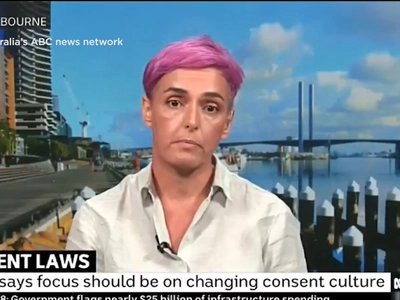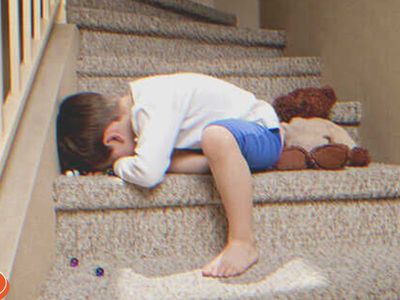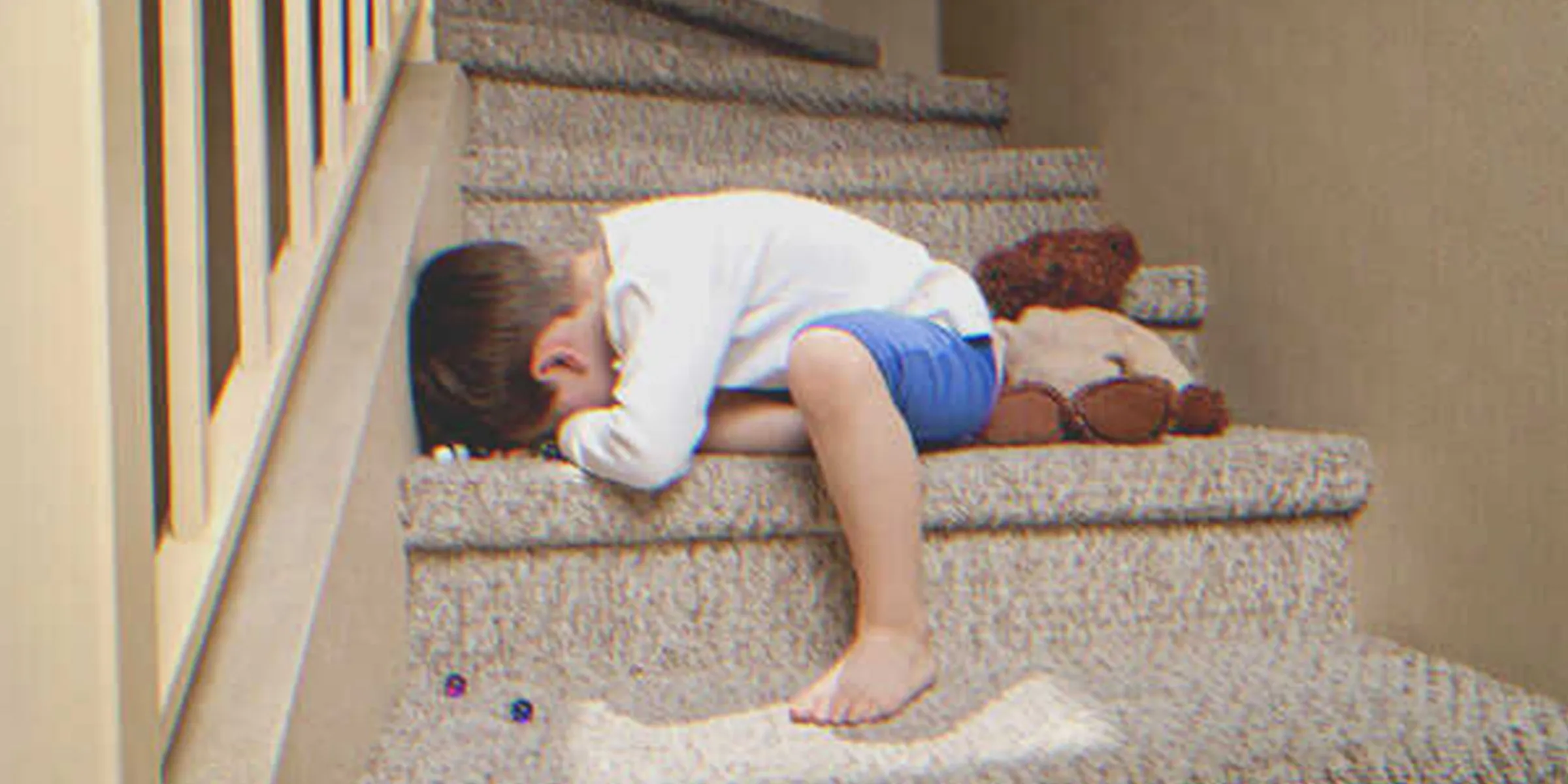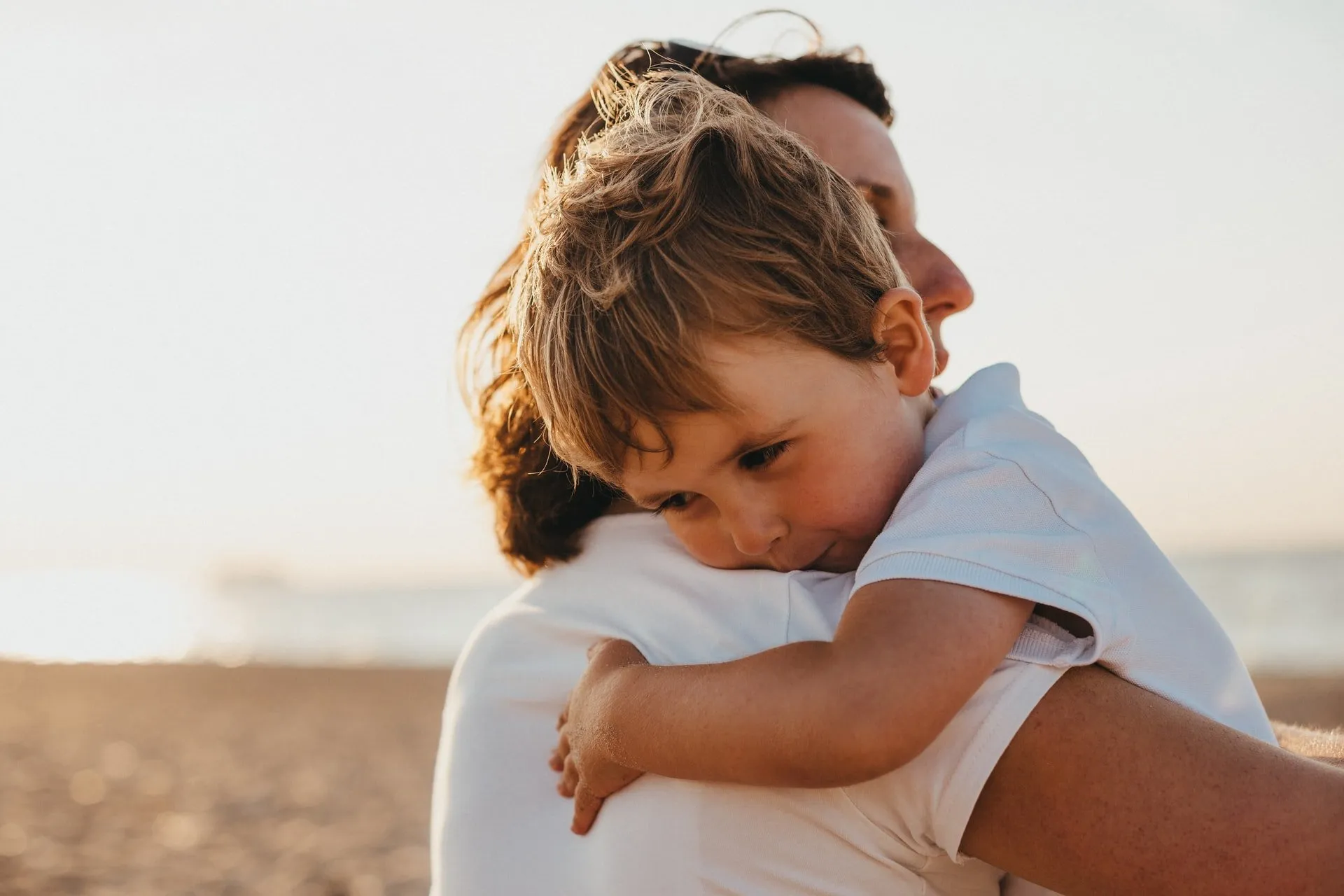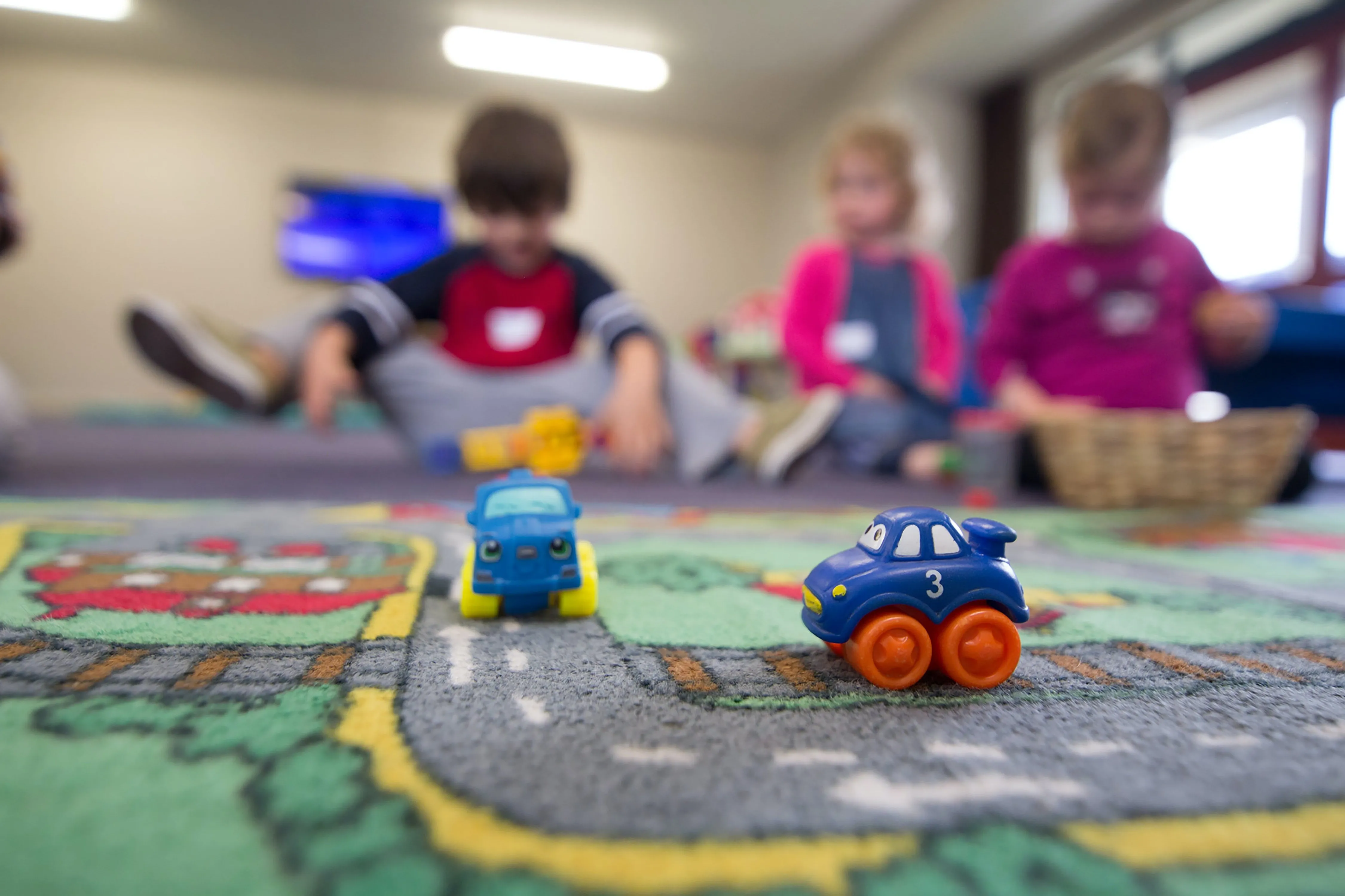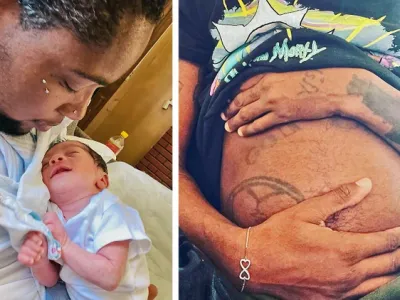Expert Claims Parents Should Ask Babies For Consent Before Changing Their Diapers
When sexuality educator Deanne Carson from Body Safe Australia suggested that parents should ask babies for permission before changing their diapers, she probably didn't expect to become the most controversial figure in parenting discourse overnight. Yet here we are, with millions of parents worldwide picking sides in what has become known as the "diaper consent debate."
Carson's advice, delivered during an ABC News interview, was meant to establish a "culture of consent" from the earliest age. "Just about how to set up a culture of consent in their homes," she explained. "So I'm going to change your nappy now, is that okay?" Of course, a baby isn't going to respond with words, but Carson argued that parents should watch for body language cues and acknowledge that "their response matters."
The internet exploded. Within hours, Carson's advice had been shared, mocked, and debated across every major social media platform. Parents called it everything from "the most ridiculous advice ever" to "exactly what's wrong with modern parenting."
When Expert Advice Meets Real-World Parenting
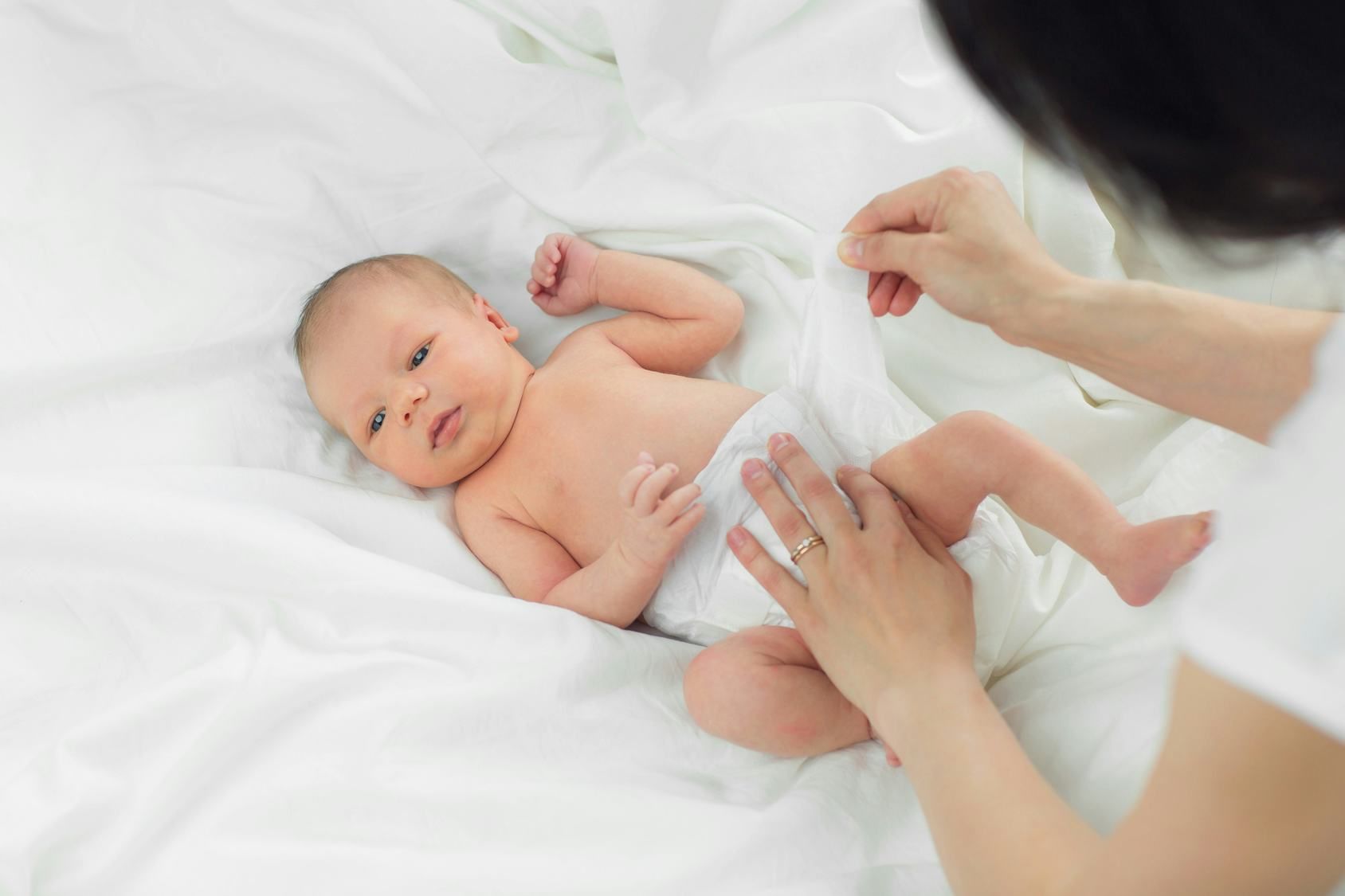
This controversy highlights a growing divide between child development experts and everyday parents. On one side, we have professionals armed with research, degrees, and theories about optimal child development. On the other, we have parents dealing with screaming babies at 3 AM, wondering if they're supposed to conduct a consent seminar before changing a soiled diaper.
The backlash was swift and brutal. Social media comments ranged from eye-rolling to outright anger. "Are you kidding me?" wrote one parent. "My baby is sitting in their own waste, and I'm supposed to ask permission? This is insanity." Another commented, "What's next? Asking if they consent to being fed when they're hungry?"
But Carson's supporters argued that critics were missing the point entirely. The idea wasn't to create an impossible standard for parents, but to normalize the concept of bodily autonomy from the earliest possible age.
The Science Behind the Suggestion
Child development experts who defended Carson's advice pointed to research showing that children who understand bodily autonomy from an early age are better equipped to recognize inappropriate touching and speak up about abuse. The thinking goes that if children grow up understanding that their bodies belong to them, they're more likely to feel empowered to say "no" when someone crosses boundaries.
Dr. Sarah Mitchell, a pediatric psychologist not involved in the original controversy, explained: "While the idea of asking a baby for consent might seem absurd on the surface, the underlying principle is sound. We're teaching children that their bodies matter, that they have agency, and that caring adults respect their personhood."
The practice, proponents argue, isn't about expecting a verbal response from a pre-verbal child. It's about modeling respectful interaction and paying attention to non-verbal cues like stiffening, crying, or pulling away.
The Common Sense Pushback
However, many parents and even some child development professionals argue that this advice crosses the line from helpful to harmful. They contend that it creates unnecessary anxiety for parents who are already bombarded with conflicting advice about how to raise their children "correctly."
"Parents today are paralyzed by expert advice," argues parenting blogger and mother of three, Jessica Rodriguez. "We're so afraid of doing something wrong that we're losing sight of basic parenting instincts. Sometimes a dirty diaper is just a dirty diaper that needs to be changed."
Critics also worry about the practical implications. If parents are supposed to ask permission for every caregiving task, what happens when the child inevitably says no? Are parents supposed to respect a toddler's refusal to have their diaper changed? Their refusal to take medicine? Their refusal to get in the car seat?
The Slippery Slope Concern
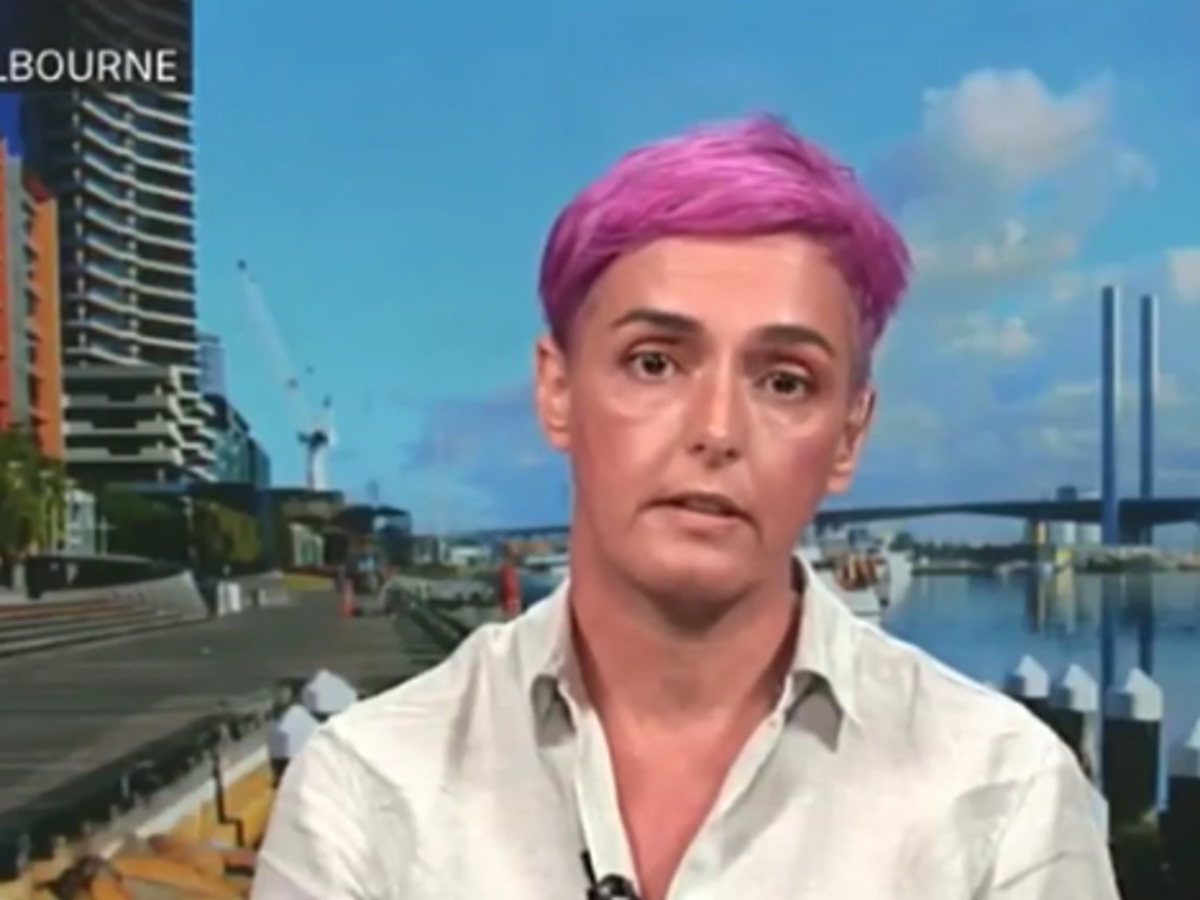
This controversy taps into broader anxieties about modern parenting culture. Many parents feel that expert advice has become increasingly disconnected from practical reality. They worry about a slippery slope where every aspect of childcare becomes a potential minefield of consent issues.
"It's become impossible to just parent," says father of two Mark Thompson. "Every decision has to be analyzed through seventeen different lenses. Can I pick up my crying baby without consent? Can I wipe their nose? It's exhausting."
The concern isn't just about individual advice, but about a broader shift in how we think about children and parenting. Traditional parenting focused on meeting children's needs and teaching them to function in society. Modern parenting often emphasizes children's rights, autonomy, and emotional well-being above all else.
Finding Middle Ground
Some experts suggest that the real issue isn't the specific advice about diapers, but how parenting advice is communicated and received. Dr. Lisa Chen, a family therapist, argues that the problem lies in presenting complex developmental concepts as simple rules.
"The idea of building consent culture is valuable," she explains. "But when it's reduced to a soundbite about asking babies for permission, it loses all nuance. Parents need context, not just instructions."
A more balanced approach might involve teaching parents to be attuned to their children's cues without creating impossible standards. This could mean narrating actions ("I'm going to change your diaper now"), watching for signs of distress, and gradually teaching age-appropriate concepts of bodily autonomy as children develop.
The Real Question: Who Do We Trust?
Ultimately, the diaper consent controversy reveals a fundamental question about modern parenting: Who should parents trust when expert advice conflicts with common sense?
The answer isn't simple. Child development research has given us valuable insights into how children learn, grow, and develop. Understanding concepts like attachment, trauma, and developmental stages has undoubtedly improved parenting practices. But when expert advice becomes so theoretical that it's difficult to implement in real life, it may do more harm than good.
Perhaps the real lesson from this controversy isn't about diapers at all. It's about the need for expert advice that acknowledges the complexity of real-world parenting. Parents need guidance that's both research-based and practical, that respects both children's development and parents' sanity.
Moving Forward
As this debate continues to rage across social media and parenting forums, one thing becomes clear: there's no one-size-fits-all approach to parenting. The best parents are those who can balance expert advice with their own instincts, who can adapt research-based concepts to their family's specific needs, and who remember that perfect parenting is neither possible nor necessary.
Whether you're team "ask the baby" or team "just change the diaper," the goal remains the same: raising healthy, happy children who feel loved, respected, and secure. How we get there might be up for debate, but the destination is something we can all agree on.
The diaper consent controversy will likely fade into parenting history, but the questions it raises about expert advice, common sense, and modern parenting culture will continue to challenge parents for years to come.
